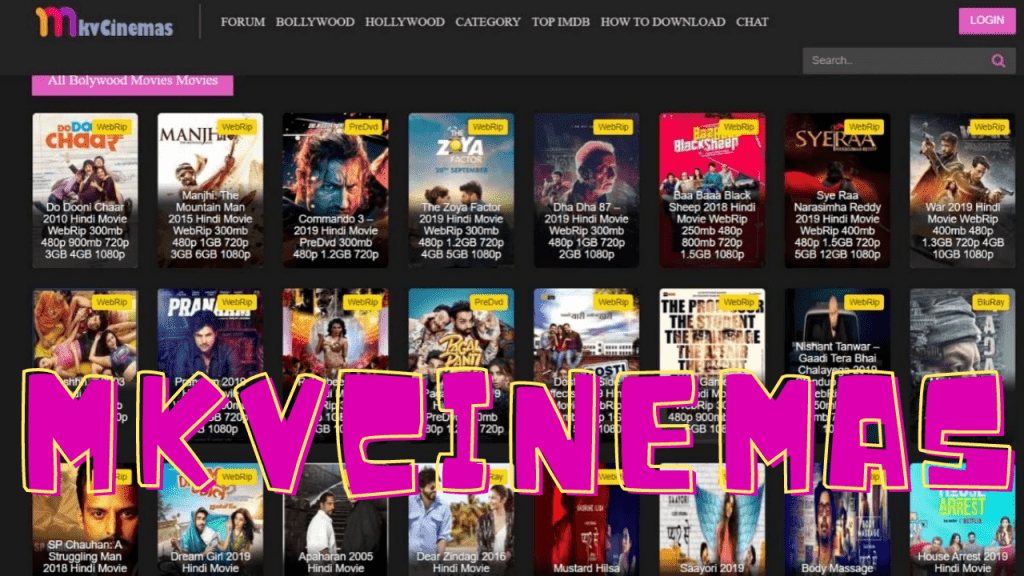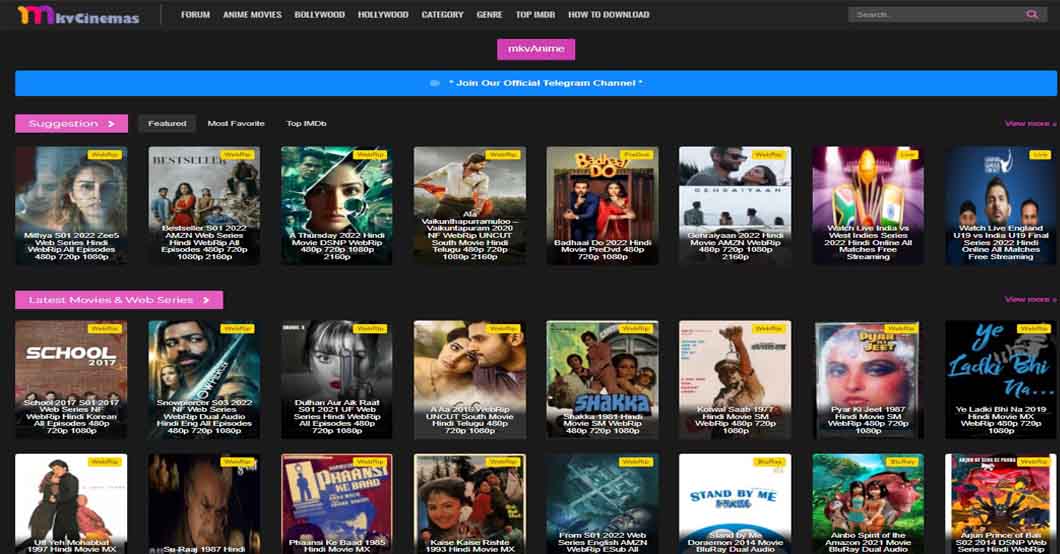A New Era In Film Consumption
In an age where digital media reigns supreme, MKV cinema has emerged as a popular format for movie enthusiasts around the globe. This format, which stands for Matroska Video, offers a multitude of advantages that cater to the evolving needs of viewers seeking high-quality content. With its ability to store multiple audio tracks, subtitles, and even chapters in one single file, MKV cinema is quickly becoming the go-to choice for both casual viewers and hardcore cinephiles alike.
The rise of MKV cinema is not just a trend; it marks a significant shift in how films are consumed, shared, and appreciated. As streaming services continue to proliferate, the demand for versatile and high-quality file formats has never been higher. MKV cinema allows filmmakers and studios to present their work in a manner that maintains the integrity of the original production, with minimal loss of quality. This has led to an increasing number of films being released in the MKV format, providing viewers with a richer and more immersive experience.
Moreover, the accessibility of MKV cinema has opened up new avenues for independent filmmakers and content creators. With the proliferation of high-speed internet and advanced editing software, artists can now produce and distribute their work in MKV format without the constraints of traditional cinema. This democratization of film production has given rise to a diverse and vibrant landscape of storytelling, where every voice has the opportunity to be heard. As we delve deeper into the world of MKV cinema, we will explore its origins, benefits, and what the future holds for this revolutionary format.
What is MKV Cinema and Why is It Important?
MKV cinema refers to films and videos that are encoded in the Matroska Video format. This format is highly regarded for its ability to store a wide range of information, including multiple audio tracks, subtitles, and chapter markers. The importance of MKV cinema lies in its flexibility and functionality, making it a popular choice among both filmmakers and viewers.
How Does MKV Cinema Compare to Other Formats?
When comparing MKV cinema to other popular video formats, several factors come into play:
- Quality: MKV often maintains higher quality due to its support for modern codecs.
- Storage: It can store multiple audio and subtitle tracks, which is beneficial for international releases.
- Compatibility: While MKV is not as universally compatible as MP4, many players and devices now support it.
What Are the Key Features of MKV Cinema?
MKV cinema boasts several key features that set it apart from other formats:
- Supports high-definition video and audio.
- Can include multiple audio tracks for different languages.
- Offers customizable subtitle options.
- Contains chapter markers for easy navigation.
Who are the Pioneers of MKV Cinema?
The MKV format was developed by the Matroska project, which began in 2002. This project aimed to create an open-source multimedia container format that could rival the likes of AVI and MP4. Over the years, several pioneers have contributed to the development and popularization of MKV cinema, making it a staple in modern filmmaking.
What Are the Benefits of Using MKV Cinema for Filmmakers?
Filmmakers are increasingly turning to MKV cinema for several reasons:
- Higher Quality: The format allows for better video and audio quality, essential for cinematic releases.
- Flexibility: Filmmakers can include various audio tracks and subtitles, catering to diverse audiences.
- Open Source: MKV is free to use, which reduces costs for independent filmmakers.
How Can Viewers Access MKV Cinema?
Accessing MKV cinema is easier than ever, thanks to advancements in technology. Viewers can:
- Stream from online platforms that support MKV formats.
- Download MKV files from legitimate sources.
- Use media players that are compatible with MKV files, such as VLC or MPC-HC.
What Does the Future Hold for MKV Cinema?
As technology continues to evolve, the future of MKV cinema looks promising. With increasing support from hardware manufacturers and software developers, it is likely that MKV will become even more mainstream. Additionally, as the demand for high-quality content grows, MKV cinema will likely play a pivotal role in shaping the future of film distribution and consumption.
Conclusion: Is MKV Cinema the Future of Film?
The question of whether MKV cinema is the future of film is one that sparks debate among industry experts and viewers alike. However, its unique advantages and growing popularity certainly position it as a strong contender in the ever-evolving landscape of digital media. As we continue to navigate this new era of film consumption, one thing is clear: MKV cinema is here to stay.
Unveiling The Life Of Kaitlan Collins Bilini
Discovering Seo Yeji: The Rising Star Of Korean Entertainment
Exploring The Enigma Of Camilla Araujo: A Dive Into Her World Of Adult Entertainment



ncG1vNJzZmiqn5i4o77InZ6emqKqtq%2B%2FjaipoGeYmq6twMecmKudopqzsL7MrKerp6CkwKawjqair2WTnrumucBnn62lnA%3D%3D
